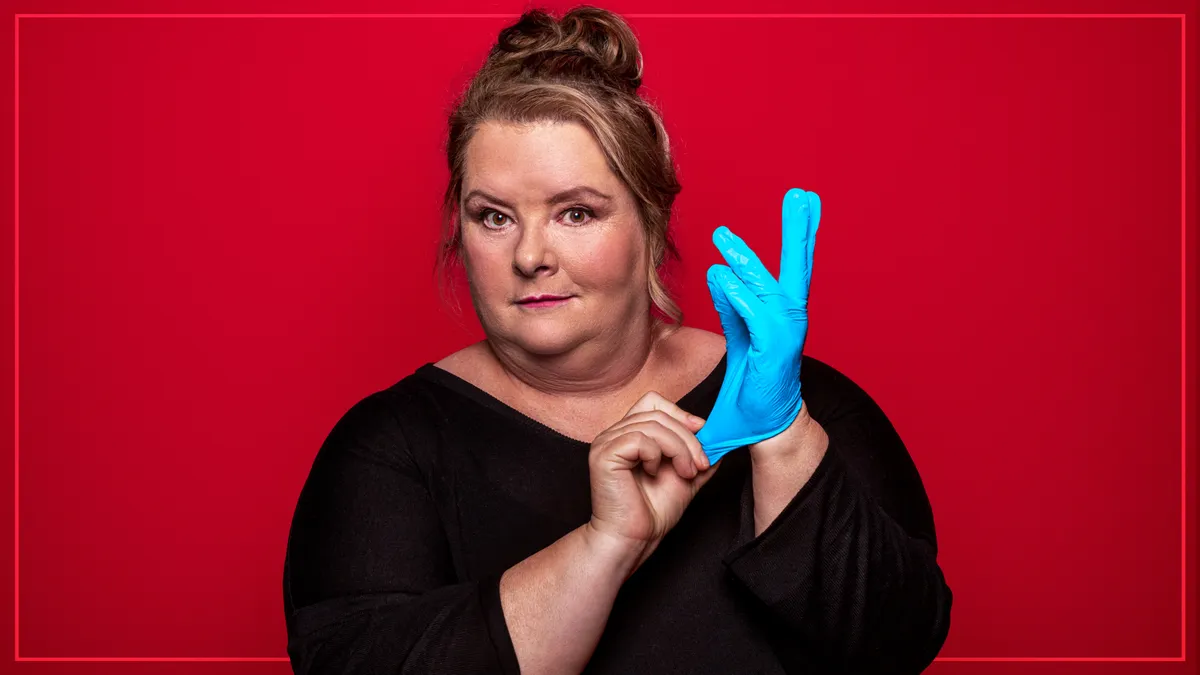Comedy actor Magda Szubanski’s three-part series on the ABC this month pointed out that the explosion in obesity and chronic disease in this country isn’t because we’re weak-willed and hopeless.
It’s because since the 1980s big food companies have borrowed the tactics of tobacco companies and flooded our lives with ultra-processed foods designed to be addictive.
As Magda’s Big National Health Check noted, one in two Australians has a chronic illness such as heart disease, type 2 diabetes, stroke, cancer or mental illness, and that these are responsible for around 90 percent of deaths, even though they’re largely preventable.
Every day 45 of us die from heart disease alone.
The food companies are ruthless. They know that mums, for example, are time poor, often tired, and looking for something quick, easy and reasonably healthy to feed the kids.
The labelling on processed food assures them that they’ve picked well, even when they’re buying rubbish.
As a result, 94 percent of Australian kids don’t eat enough fruit and veg, and some show signs of heart disease as young as 11.
But older people get caught out too. They might also be tired if they haven’t slept well. Many want easy choices and minimal cooking, especially if they live alone, and snack foods can seem like an answer.
The problem also lies in everyday foods such as breakfast cereal or tomato sauce. Read the ingredients and it’s obvious they’re riddled with sugar. But many of us don’t, and don’t recognise these as processed foods.
That’s how the average person swallows 3000 kgs of sugar across their lifetime.
Something else the program made obvious was that the star rating system is a failure. If anything, it’s made healthy decision-making even harder.
Magda had her own health scares with chest pain and high blood sugar and sought advice from suburban GP Lucy Burns.
Lucy’s fondness for Maltesers had resulted in her blood sugar increasing to the point where she’d been close to being diabetic. Even doctors fall into the trap.
To turn it around she overhauled her diet, using this formula for meals: protein (such as meat, fish, eggs or dairy) plus vegies (but minimal potato) and fat (such as butter or olive oil) for flavour. She also parted with Maltesers and other sugar.
Removing sugar is the hard bit, but if we can follow Lucy’s example and cut out snacks, we’ll go a long way to cutting out chronic disease.
Unfortunately, no program covering heart disease would be complete without a warning on saturated fat. The cardiologist’s advice was to eat fish rather than meat.
Fish, of course, is great. But trust me, for those 45 people who die from heart disease each day, the problem is not real food. Or saturated fat. Even strawberries contain a bit of saturated fat.
The problem is the trans fats, carbs (sugar and flour) and other junk in processed food. Along with stress and being sedentary.
I’ll add here that a paper published a few weeks ago in the European Journal of Preventive Cardiology examined 32 studies on saturated fat to conclude, like many before them, that there’s no scientific ground to demonise saturated fat as a cause of heart disease.
“Although the image of coronary arteries as kitchen pipes clogged with SFA (saturated fatty acids) causing heart attacks is simple, familiar and evocative, it is also plain wrong,” the investigators said.
Somehow, cardiologists don’t read cardiology journals.
Magda’s aim is to force food companies to provide more honest labelling, and more power to her. That has to happen.
But Dr Lucy has her own way of standing up to the food giants. She motivates herself to avoid processed food by telling herself: “I will not line their coffers with my money”.
Photo Source: ABC

